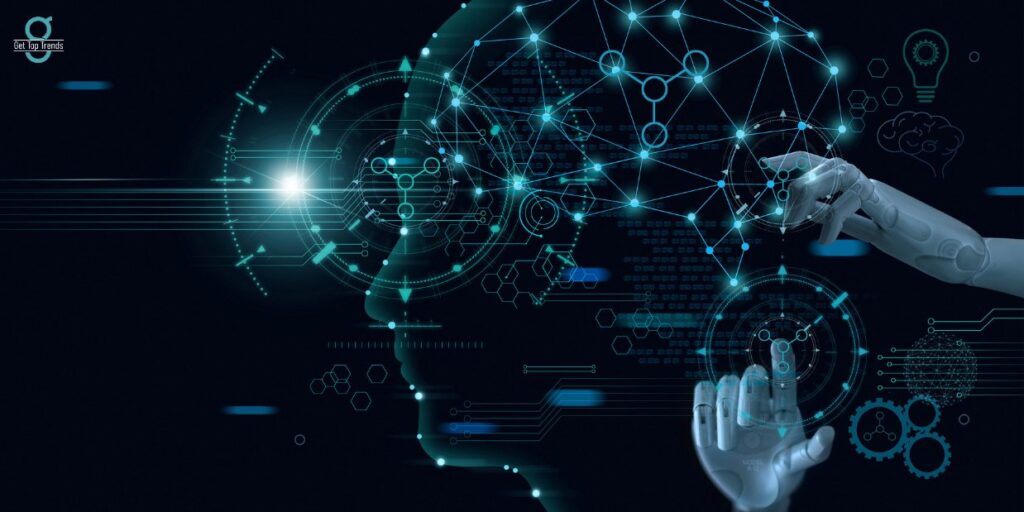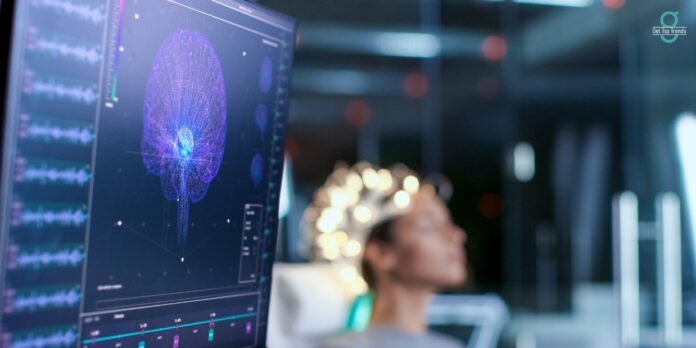The concept of privacy is gradually eroding, and advancements in brain-monitoring technology may further hasten its decline as employers consider utilizing it for hiring and workforce management purposes in the future. Read more.
The Information Commissioner’s Office (ICO) has predicted that businesses might employ brain-monitoring technologies to monitor or select employees. However, the ICO cautions that if “neurotech” is not developed and implemented correctly, it could lead to significant discrimination.
The ICO’s first report on “neuro data,” or information derived from the brain and nervous system, titled Tech Futures: Neurotechnology, highlights workplace monitoring as one of the speculative applications of neurotechnology.
This development aligns with the efforts of organizations like Neuralink, founded by Elon Musk, who are exploring innovative ways to establish connections between computers and human brains, as reported by the BBC.
The ICO reports a rapid growth in investments and patents in Neurotech, a technology already utilized in the healthcare sector. Notably, neurotechnology has enabled individuals like Gert-Jan Oskam to regain their walking ability after a cycling accident. Commercial interest in the field is also surging, with Neurolink obtaining permission for human trials and reportedly being valued at $5 billion (£4 billion).

Stephen Almond from the ICO stated to the BBC, “Based on all the indicators that we’re looking at, we’re seeing quite rapid growth, both in investments and in patents being developed in this area.” Additionally, AI advancements enable researchers to decipher sentences and words from brain scans, offering potential assistance to individuals with locked-in syndrome.
Neurotechnology could be employed in workplaces for safety, productivity, and recruitment purposes within the next four to five years. Non-invasive devices could personalize consumer preferences, collect data for targeted advertising, and contribute to the growth of the gaming and entertainment industries.
However, Almond raises concerns regarding the potential biases and discrimination associated with the technology, its ability to reveal cold conditions, and the consent issues arising from generating neuro data without individuals’ direct control over disclosure. He questions whether individuals can genuinely provide informed consent in advance for processing personal data that the technology may reveal. Once released into the open, there is limited control over the data.
The ICO aims to develop new neuro-data guidance by 2025, to address these concerns and establish appropriate regulations to safeguard individuals’ privacy and rights.


